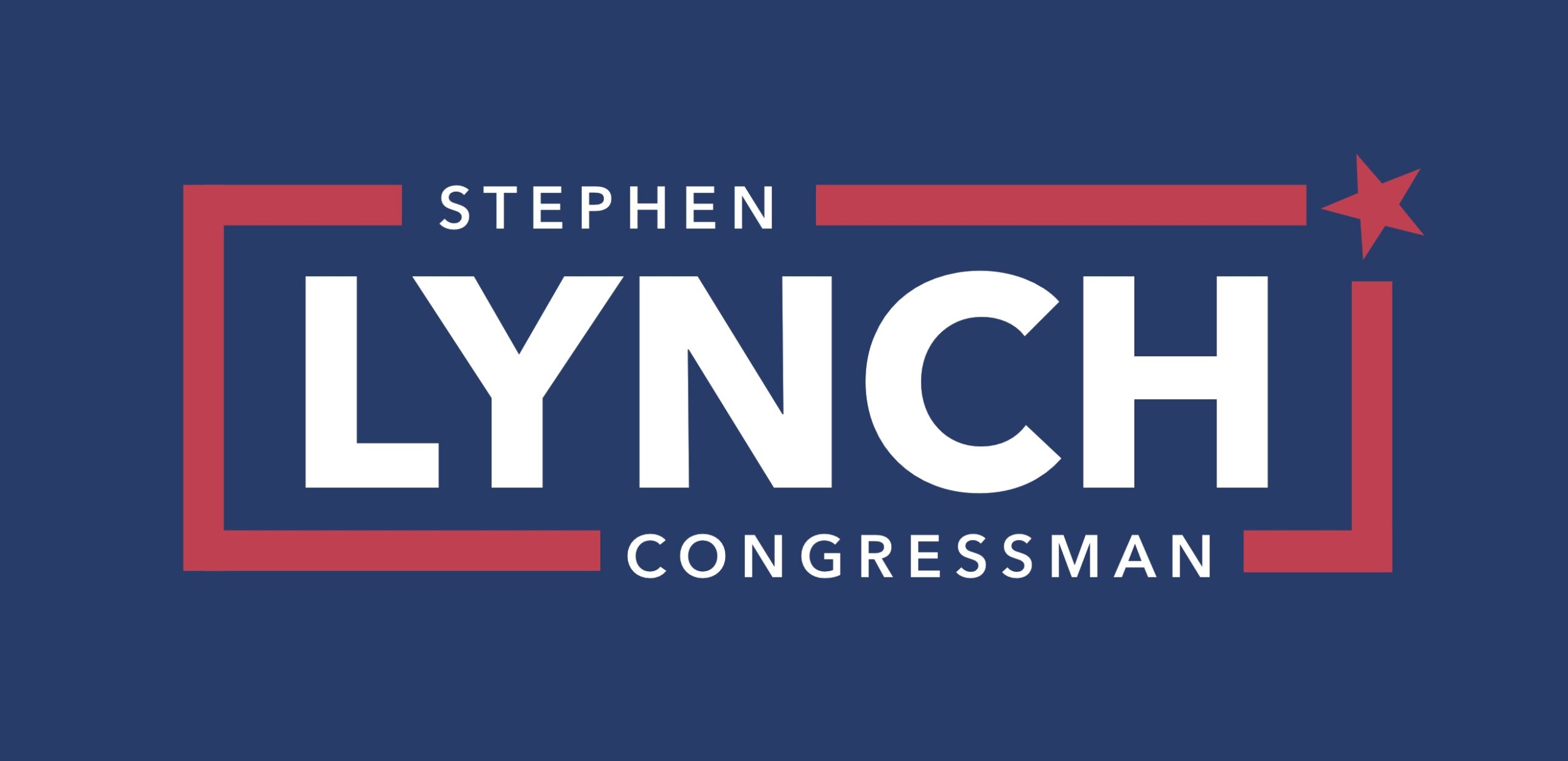MBTA is once again cutting service, this time for safety reasons
Commonwealth Magazine
By Bruce Mohl
IT’S A BIT of déjà vu for US Rep. Stephen Lynch.
Last year, he was upset with the MBTA because it had received billions in federal aid but was nevertheless cutting service and laying off some employees in the face of a COVID-induced downturn in ridership.
Lynch read the riot act to the T (Lynch calls it a “come-to-Jesus moment”) and the T restored service and brought back the employees.
But now the T finds itself in a different, yet eerily similar, situation. It’s cutting service on the Red, Orange, and Blue lines so a depleted staff in the subway operations control center can keep up. And with ridership growing but still well below pre-pandemic levels, the T is preparing for looming operating deficits that could result in more service cuts if additional funding isn’t provided.
Lynch has jumped into meetings with the MBTA and its unions in a bid to find a way to bring retired dispatchers back to the operations control center. He’s also talking to Gov. Charlie Baker and House Speaker Ron Mariano about the T’s broader safety and budget issues.
In an interview on The Codcast, Lynch acknowledges the situation is frustrating. “It is, I don’t deny that,” he said.
Last year, Lynch said, the goal was to keep the T operating at full service to help the economy recover from COVID. Now the goal is the same, but the circumstances are different. The massive infusion of federal aid Congress provided to the T is scheduled to run out in the coming fiscal year, just as safety and financial concerns are rising.
Lynch said the big question is whether the MBTA has the “dexterity and competence” to deal with the current situation.
Hiring is a good example. For years, Lynch said, the T had a huge number of applicants for a relatively small number of jobs. “Now we have 600 vacancies at the T and we don’t have a long list of people applying. In fact, we have very few. There’s a gap there,” he said.
He also said the T needs to get on solid operational funding so it isn’t lurching from one deficit to the next.
“You would hope we would get to a point of equilibrium where that deficit is manageable from administration to administration. We will have a new governor in a little bit. We might have a new secretary of transportation and perhaps a new general manager at the T. I’m not quite sure of that. They may be thinking, look, we just have to get through our portion of this. I’m not ascribing that, I’m just saying it’s a possibility. I do agree that there’s a larger deficit and they’re using one-time infusions of cash to deal with their continuing operation. That’s just got disaster written all over it.”
He pointed out the federal government has provided $9.5 billion to the state to be spent over the next five years. A lot of that money is discretionary funding, he said, and some of it could be used to help the T.
Lynch said the state needs to get more and more people riding transit by providing high quality, efficient service. He said good transit expands the job base and could perhaps help deal with the state’s housing crisis.
“It really is a more holistic solution we’re looking for here,” he said.

Recent Comments